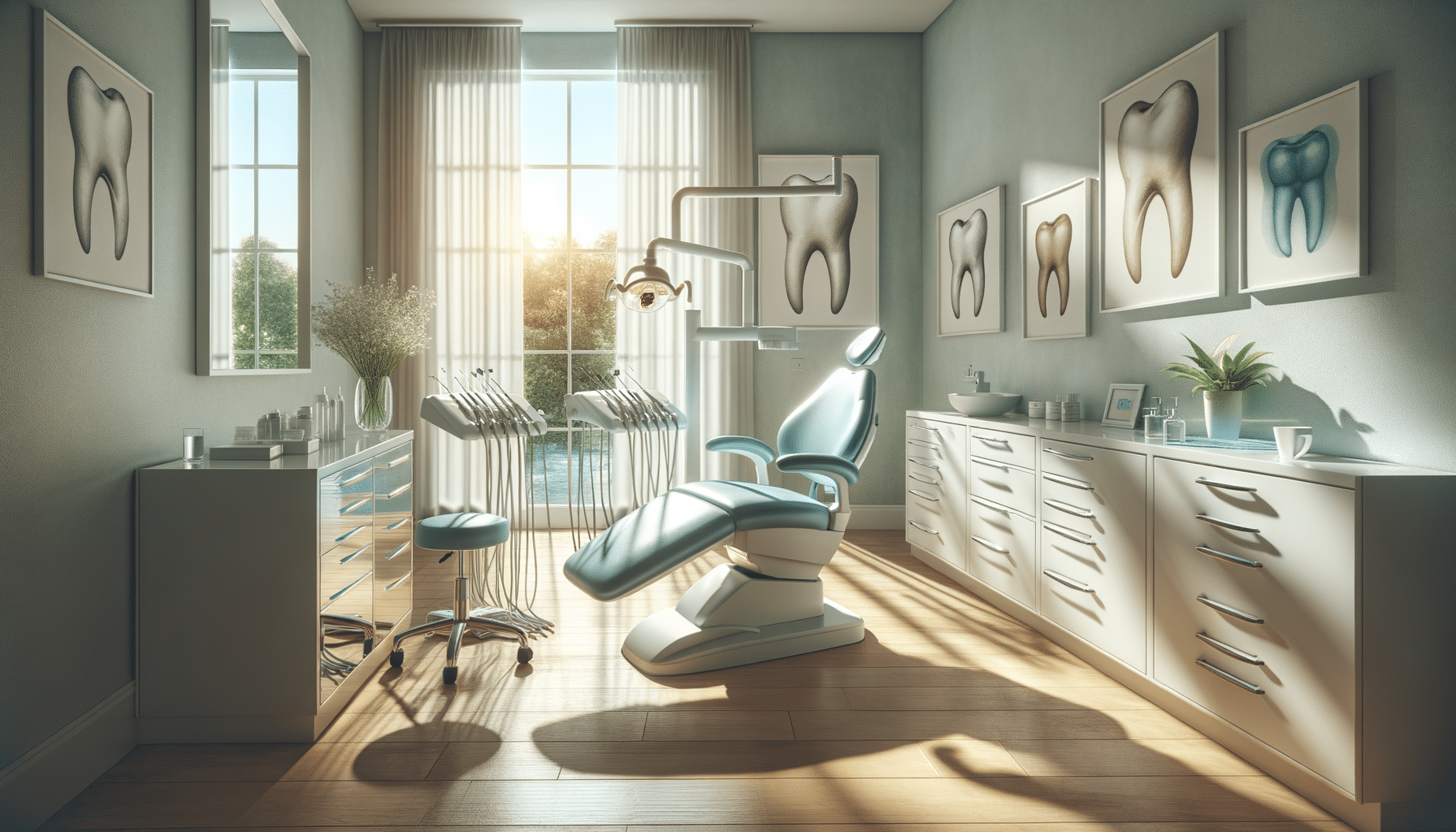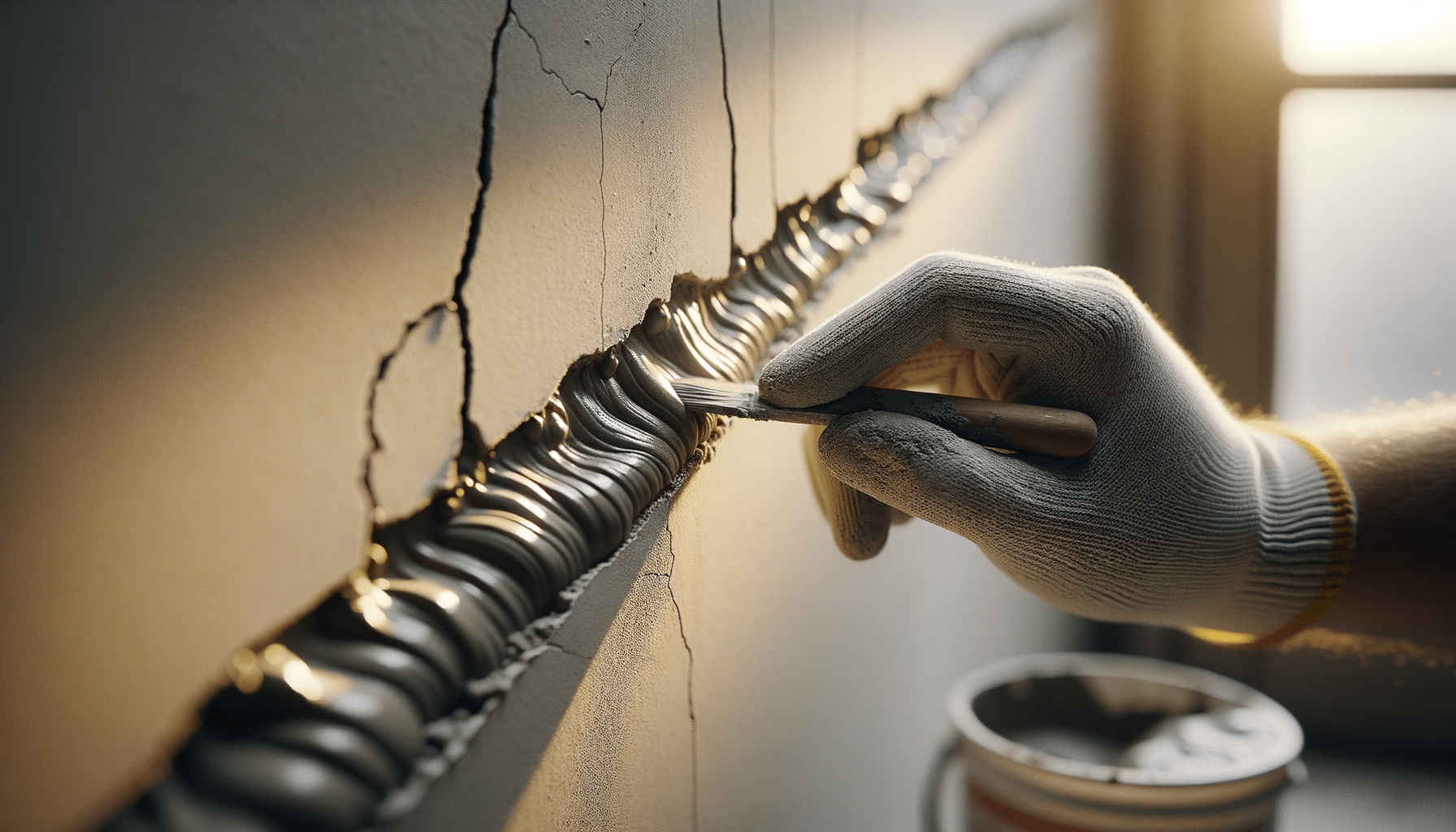
Learn More About Dental Care
The Importance of Regular Dental Check-Ups
Maintaining good oral health is crucial for overall well-being, and regular dental check-ups play a significant role in achieving this. Dental visits are not just about keeping your teeth clean; they are essential in preventing potential health issues that could arise from poor oral hygiene. A professional examination can detect early signs of tooth decay, gum disease, and even oral cancer, allowing for timely intervention.
Regular check-ups help in maintaining a bright smile and fresh breath. Dentists can provide professional cleaning that removes plaque and tartar, which are not entirely removable through regular brushing and flossing. This process helps in preventing cavities and gum disease, ensuring your oral health remains optimal.
Additionally, frequent visits to the dentist can save you time and money in the long run. By identifying and addressing minor issues early, you can avoid more extensive and costly procedures in the future. Investing in preventive care is a wise decision for both your health and wallet.
The Role of Diet in Dental Health
What you eat has a profound impact on your dental health. A balanced diet rich in essential nutrients contributes significantly to the strength and health of your teeth and gums. Foods high in calcium, such as dairy products, leafy greens, and almonds, help in maintaining strong tooth enamel.
Sugary and acidic foods and drinks can lead to tooth decay and erosion. When sugar is consumed, it interacts with bacteria in the mouth to produce acid, which can erode the enamel. To mitigate this, it is advisable to limit the intake of sugary snacks and beverages and opt for healthier alternatives like fruits and vegetables.
Drinking plenty of water is also beneficial for dental health. Water helps wash away food particles and keeps saliva levels high, which is essential in protecting against tooth decay. Saliva contains minerals that help repair early signs of tooth decay and neutralize harmful acids.
Effective Oral Hygiene Practices
Adopting effective oral hygiene practices is foundational for maintaining excellent dental health. Brushing your teeth at least twice a day with fluoride toothpaste is crucial. Fluoride strengthens the enamel and makes it more resistant to decay. Ensure you use a toothbrush with soft bristles to prevent damage to the gums and enamel.
Flossing daily is equally important as it removes food particles and plaque between teeth where a toothbrush cannot reach. This practice helps in preventing gum disease and cavities. For those who find traditional flossing challenging, water flossers can be an effective alternative.
Incorporating mouthwash into your routine can provide additional benefits. Mouthwash can help in reducing plaque, preventing gum disease, and freshening breath. However, it should not replace brushing and flossing but rather complement these practices.
Understanding Common Dental Problems
Being aware of common dental problems can aid in early detection and treatment. Tooth decay, also known as cavities, is one of the most prevalent dental issues. It occurs when plaque interacts with sugars to produce acid that erodes the enamel. Regular dental visits and good oral hygiene can prevent cavities.
Gum disease, or periodontal disease, is another common issue that affects the tissues surrounding the teeth. It is primarily caused by plaque buildup and can lead to tooth loss if not treated. Symptoms include swollen, bleeding gums and persistent bad breath.
Another concern is tooth sensitivity, which causes discomfort when consuming hot, cold, or sweet foods and drinks. It is often a result of enamel erosion or exposed tooth roots. Using toothpaste designed for sensitive teeth and avoiding overly acidic foods can help manage this condition.
Innovations in Dental Care Technology
The field of dental care has seen remarkable technological advancements that have improved patient experiences and outcomes. Digital X-rays, for instance, provide high-quality images with less radiation exposure compared to traditional methods. This advancement allows for more accurate diagnosis and treatment planning.
Laser dentistry is another innovation that offers a less invasive option for various dental procedures. It reduces the need for drills and sutures, leading to faster healing times and less discomfort for patients. Lasers are used in treating gum disease, tooth decay, and even teeth whitening.
Moreover, the introduction of 3D printing in dentistry has revolutionized the creation of dental prosthetics and implants. This technology allows for precise and customized fittings, enhancing the comfort and functionality of dental appliances. As these technologies continue to evolve, they promise to make dental care more efficient and accessible.


